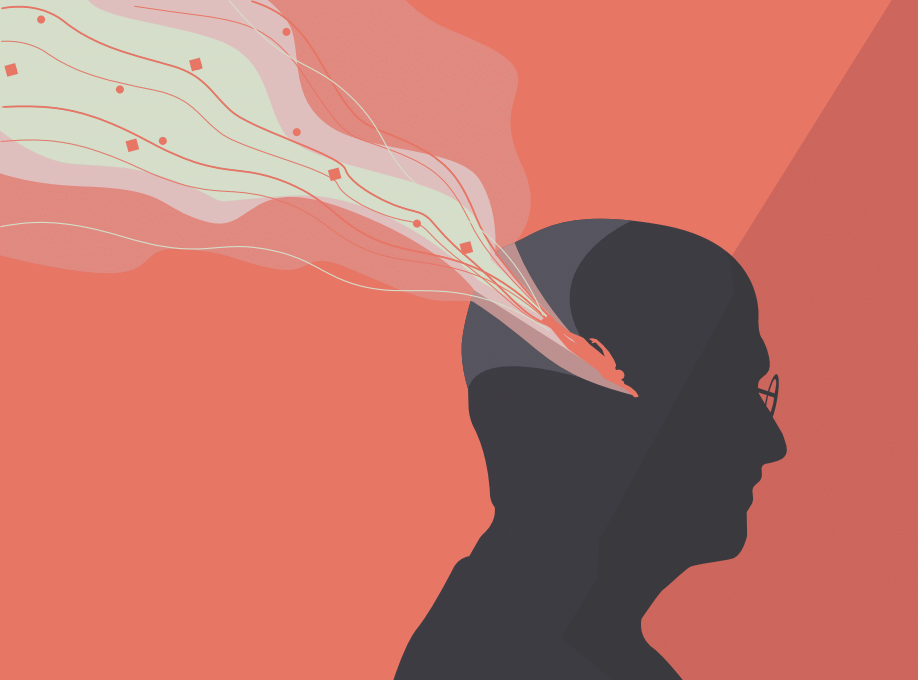Our winter issue is out now. Regular contributor and community catalyst Davie Philip reflects on the present-day relevance of Aldous Huxley’s final novel, Island. Dive on in to find out more…
Thinking Deeply, Living Lightly
by Davie Philip
“It’s dark because you are trying too hard. Lightly, child, lightly. Learn to do everything lightly. Yes, feel lightly even though you’re feeling deeply.”
Aldous Huxley, Island
Many years ago, at a turning point in my life, I read Island, Aldous Huxley’s final and less well-known novel which was published in 1962, just a year before he died. Bringing together the insights and reflections from his life of deep thinking, the book is a positive vision of how he imagined human beings could live and flourish.
The story is set on the fictional Buddhist island of Pala, where for over a hundred years a unique experiment in civilisation had been conducted. The inhabitants have resisted capitalism and communism, and thrive together with a profound sense of oneness and interconnectedness. Myna birds have been trained by the islanders to call out a reminder to stay in the moment: “attention, attention”, “here and now”.
Island reads like a manifesto for a sustainable society and how we might live ethically and lightly. Huxley envisions a society that is informed by the best of eastern philosophy and western science, that values self-knowledge, mutual aid and
community.
Ecology is taught early in Pala: “Never give children a chance of imagining that anything exists in isolation. Make it plain from the very beginning that all living is relationship. Show them relationships in the woods, in the fields, in the ponds and streams, in the village and in the country around it. Rub it in.”
Huxley describes the island’s holistic culture of care, their enlightened use of psychedelics, cooperative enterprises and conscious parenting. It is a life lived in flow that is rich in happiness, experience and in balance with nature.
In it he also warns of the tragic consequences of the pursuit of power, militarism, industrialisation, corporatism and fundamentalist religion. His critiques of the western world’s consumption patterns and its destruction of the environment, as well as the injustices of an emerging global economic system, are prophetic.
Reading Island was an extraordinary journey to a place I wished existed. A low-impact society organised around the principles of ecology, solidarity and mindfulness, in which participation, collaboration and creativity are valued, and where everyone’s contributions are recognised and rewarded.
This was an important book for Huxley. When a fire torched his home in 1961, he risked his life to save one thing – the manuscript for Island. His observations have become increasingly pertinent, helping us imagine a more equitable and sane future and giving us an insight of what ‘good living’ and the ‘wellbeing economy’ could be.
We are now in the midst of one of history’s great transitions and learning to live lightly has never been more urgent. Island is full of ideas and inspiration for lowering our impact, overcoming the materialistic desire to have rather than to be, and giving more time for contemplation, relationships and deeper friendships.
What gives me hope is that although the concepts brought together in the book over half a century ago were then unfamiliar, they have inspired and been further informed, developed and popularised by people everywhere. Island still has something important to tell us about navigating the converging challenges we face today.
Davie Philip is a community catalyst and facilitator at Cultivate.ie, the sustainability cooperative based in Cloughjordan Ecovillage.


